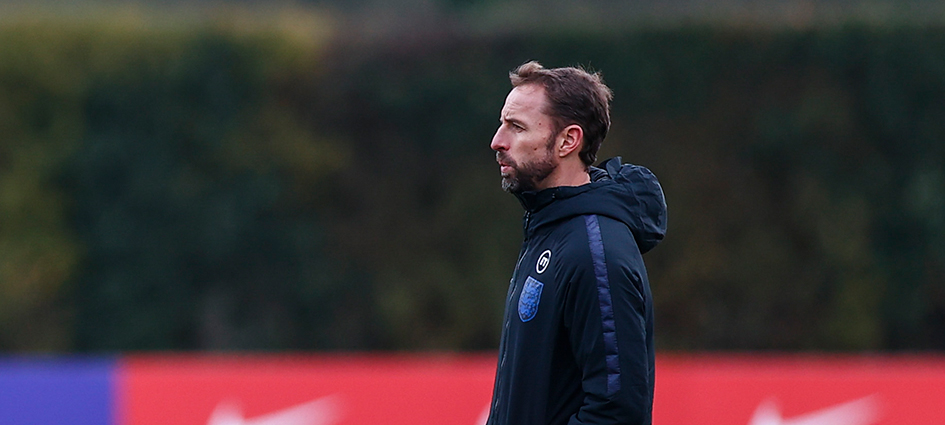Top tips

10 coaching skills to reflect on during lockdown
- Peter Glynn
- 23 April 2020
Effective coaching is made up of knowledge and skill in many different areas. Use lockdown to reflect on your own coaching approach using the prompts below – there are links below to over 40 recommended articles to help you.
1. Develop positive relationships with players

Connecting with players and developing a positive relationship should be a start part for all coaches regardless of player age or ability. Taking time to develop trust, rapport and open communication will help the group become more receptive to your coaching ideas.
To find out more about this topic, click the links below.
2. Understand the detail of the game

Listening to the experiences and insights of players and managers who have played and coached at the highest level of the game can help improve your technical and tactical knowledge. Take time to consider how this detail applies to the age and stage of the players you are working with.
To find out more about this topic, click the links below.
3. Maximise your practice time with players

Training time with players is a rare commodity – be it a grassroots coach trying to maximise their 60-minute weekly coaching session or a first-team coach finding time between fixtures. It means planning and preparing effective coaching sessions - on and off the pitch - which maximise your time with players is crucial.
To find out more about this topic, click the links below.
4. Use an appropriate coaching approach

There are many different approaches to delivering coaching sessions - be it a more command style or discovery style. The age and motivations of the players, as well as the environmental factors impacting on the specific session, should all be considered. The long-term goal for the group is another useful guide to selecting a relevant coaching approach.
To find out more about this topic, click the links below.
5. Don’t try and observe every aspect of the practice or game

Observation skills are crucial to the coaching process. Standing back during every coaching session and having a specific focus for your observation should be a part of every coach’s repertoire. For example: you may just focus on how an individual is moving off the ball in order to receive. What you see should inform your interventions and communication with players.
To find out more about this topic, click the links below.
6. Consider what you say and how you say it

Your coaching approach is brought to life through the things you say and how you say them. Having a communication plan for training and matchday is an important part of any coaching methodology and key to developing an effective relationship with your players.
To find out more about this topic, click the links below.
7. Help your players manage emotions to their advantage

Games of football, at all levels, prompt a range of emotions – some positive, some negative. Helping your players to manage these emotions to their advantage will help them reach their potential and enjoy the game.
To find out more about this topic, click the links below.
8. Use the game as an opportunity to develop social skills

Playing football and being part of a team can create a sense of belonging and help develop life skills. Don’t underestimate the importance of using football as a tool to help develop social skills – ensuring there is a benefit for individuals both on and off the pitch.
To find out more about this topic, click the links below.
9. Have a plan for player behaviour

Coaching sessions and matchday can throw up many unexpected challenges. How to help manage player behaviour is a key part of the coaching process and shouldn’t be left to chance. Having a plan for potential poor behaviour should include boundaries, routines and agreed language.
To find out more about this topic, click the links below.
10. Work effectively as a coaching pair and engage parents

Coaching can be a lonely pursuit. However, there are always people you who can help. You might be part of a coaching team with multiple members of staff or work with a parent volunteer– ensure you fully maximise these resources for the benefit of the players. Similarly, think about how to work more closely with parents so they feel part of the process.
To find out more about this topic, click the links below.
Peter Glynn is the content editor for FA Education and has coaching experience in the professional and grassroots game.































